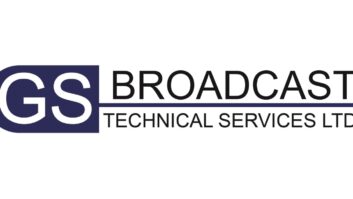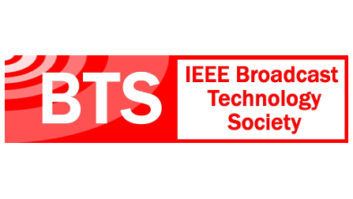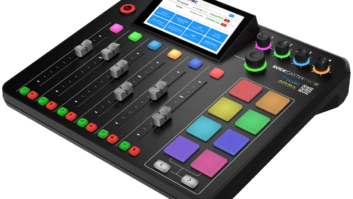House Commerce Committee Member Rep. Mike Ferguson, R-N.J., has introduced an audio broadcast flag bill. HR-4861 would give the FCC the authority to require some sort of “so-called “flag” technology be used to prevent content on HD Radios and satellite digital radios from being re-distributed.
A spokesman for Ferguson said the language was drafted to “ensure the HD Radio rollout continues unfettered,” noting that encryption at the source of the signal is not part of the legislation.
What is included is language that states the new law “shall not delay the adoption of final rules for digital audio broadcasting.”
No legacy equipment would be affected, the staffer told RW Online.
The idea is the flag language would be included in licensing agreements between Ibiquity and receiver manufacturers and between the satellite radio companies and their receiver partners, said a staffer for Rep. Ferguson.
When RIAA first floated the audio broadcast flag proposal, NAB and CEA pushed back hard against source encryption, warning of a delay of the HD Radio rollout if adopted.
The satellite radio companies say content is “resident” on their new devices that also record and store audio, meaning it cannot leave those new devices and be illegally distributed.
The recording industry wants parity of music licensing for digital radio and terrestrial radio; its members want artists to be compensated no matter what the music delivery system.
The measure would require digital radio services that use the government spectrum to acquire the same licenses from music creators that download and subscription digital music services currently have to obtain to provide the same services. Co-sponsors are Rep. Edolphus Towns, D-N.Y., Rep. Mary Bono, R-Calif., Rep. Bart Gordon, D-Tenn., and Rep. Marsha Blackburn, R-Tenn.
RIAA Chairman/CEO Mitch Bainwol said, “With the appetite for music continuing to grow and the technology to enjoy it better than ever before, now is the time to ensure rules of the road that are rational and fair. All of us in the music community want consumers to have more ways to get high-quality digital music at a fair price. But as platforms converge, it is wrong for music makers to be left holding the bag.”
Platform parity is key to enabling the emerging digital marketplace to grow faster and to provide for further investment in new music, he said.
An NAB spokesman was unavailable for comment.
Rep. Ferguson hopes to get a hearing on the bill.
Audio Broadcast Flag Bill Introduced
Audio Broadcast Flag Bill Introduced









